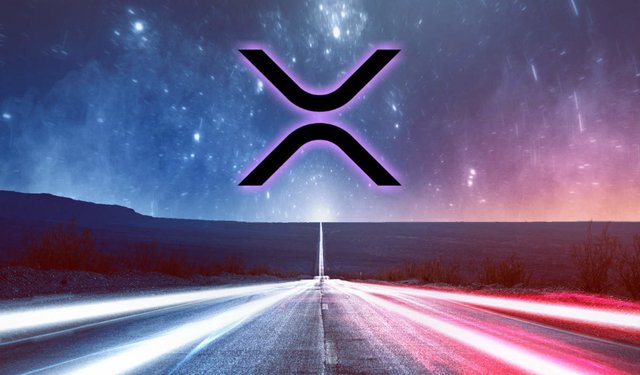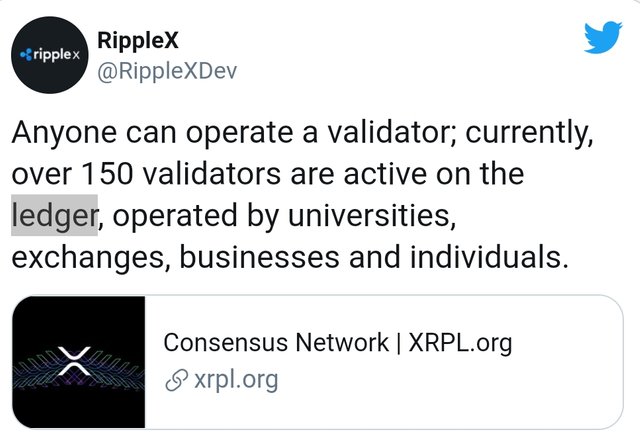
✅A new validator makes XRP more decentralized.
US-based blockchain company PAC Global announced that it is now running its own node to verify transactions on XRP Ledger. The move raised the level of decentralization of the seventh largest cryptocurrency linked with San Francisco-based blockchain company Ripple .
A node can be defined as a computing device that helps protect a network. XRP Ledger is run by a unique node list (UNL) of trusted validators to process transactions on the network, thus avoiding double spending.

Currently, it holds more than 150 validators. Although Ripple no longer manages most of it, the blockchain company still publishes its own proposed UNL, a fact stated in the complaint filed by the US Securities and Exchange Commission.
Universities, nonprofits, and banks can manage their own nodes. But the problem is that the lion's share of existing validators is still financially subsidized by Ripple. This should prevent malicious actors from cooperating to censor transactions.
For example, the verification process starting at the end of 2019 the University of Tokyo, millions receives funding from the University Ripple Block Chain Research Initiative (UBRR) is a part of it. The current UNL includes Coil, Bitso, Bithomp and other well-known names in the Ripple ecosystem, which means it is not diverse enough.
#PAC #Global itself is a partner of the Ripple-funded blockchain project #Flare #Networks. When Ripple is gone, the question remains whether all these entities will continue to run their nodes.